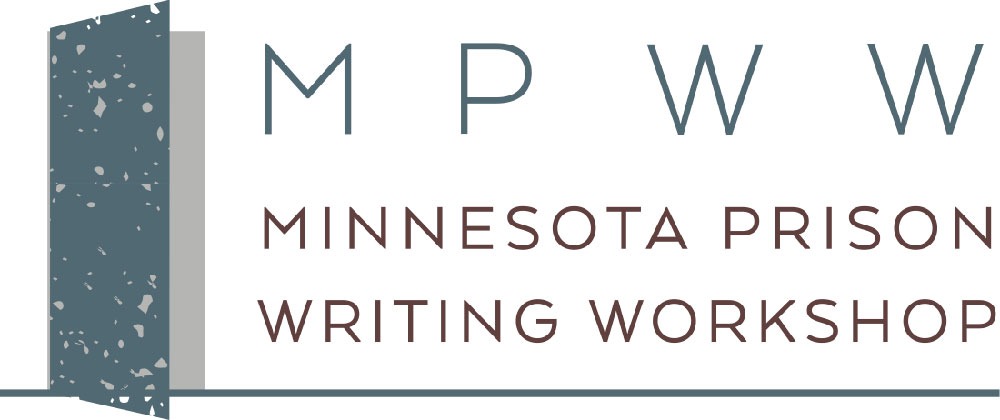
July 26, 2019; Star Tribune
When you turn the knob on the vending machine in a Minnesota bookstore, do not expect a gumball or little plastic toy. Instead, you’ll get a carefully folded and twine-tied poem written by an inmate at one of Minnesota’s prisons as part of the Minnesota Prison Writing Workshop (MPWW).
The idea came to the Workshop’s founder, Jennifer Bowen Hicks, from a program in Portugal that sold poems via vending machines. Needing a fundraiser for her prison-based nonprofit, she figured this might bring some attention to her students and their work. People do like taking a chance on what comes out of a vending machine.
Sign up for our free newsletters
Subscribe to NPQ's newsletters to have our top stories delivered directly to your inbox.
By signing up, you agree to our privacy policy and terms of use, and to receive messages from NPQ and our partners.
Jennifer purchased five hand-cranked machines and placed them in book stores in the Minneapolis area. The cost is a mere 50 cents, and you may get something very special:
Each is neatly printed on white paper, carefully rolled up and then tied with colorful twine—that last touch suggested by a member of her writers collective—and placed inside a plastic capsule. Those who discover a poem wrapped with a red silk ribbon have hit the MPWW jackpot: it’s the poet’s first published poem.
While the project is not yet making money (it just about breaks even), it has drawn attention to the writing. What started with one class at one minimum security prison in 2011 now serves hundreds of students a year in more than 30 classes led by 25 instructors with various backgrounds. Bowen Hicks says they range from poets to fiction-writers to playwrights. “I’m interviewing a songwriter the day after tomorrow,” she says.
When you give someone a pencil or pen and the opportunity to share their thinking, you often encounter unexpected learning. In the Workshop, that learning has gone both ways—from teacher to student and from student to teacher. And now, via vending machines, that learning is being shared with the Minnesota community. As Bowen Hicks says, “I’ve learned about resiliency and how people try to thrive in isolation. MPWW students have taught me a lot about the kinds of stories that aren’t being told and heard, and the kinds of stories that need to be told. They’re the stories that our literature has largely ignored.”—Carole Levine












